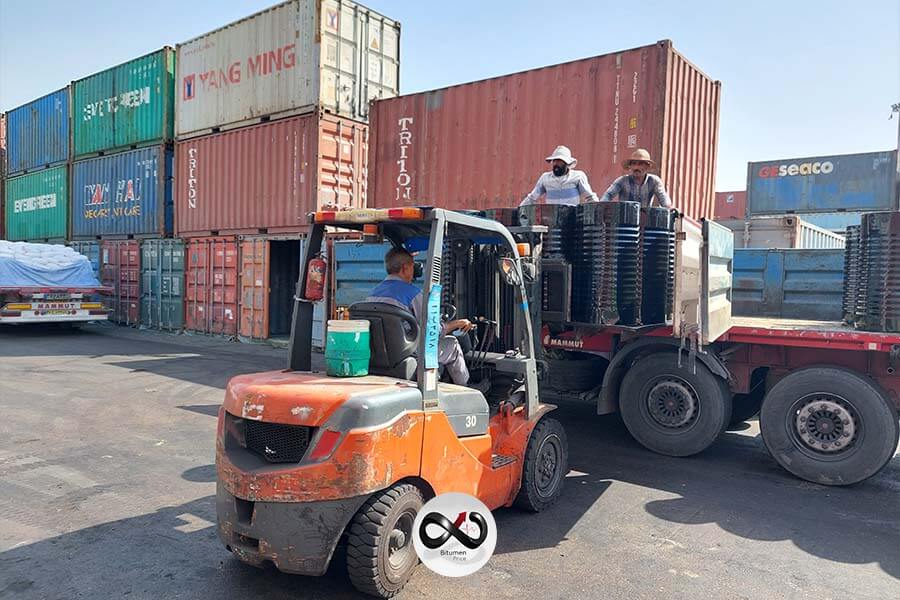
Weekly General report: Political Tensions VS Bitumen Price Variations in September
Russia, Ukraine, North Korea, and Gabon have been involved in various conflicts.
Over the past week, Russia and Ukraine escalated their drone and missile attacks against each other, while North Korea fired two missiles simulating an atomic attack on South Korea. In Gabon, coup plotters appointed a new leader, and there’s uncertainty about how these political tensions might impact the global economy.
Meanwhile, reports from eight reliable sources indicate that politicians at the European Central Bank are quite concerned about weakening economic growth prospects. Although discussions are ongoing, efforts to prevent an increase in interest rates persist.
In August, Germany’s employment situation was worse than expected, dropping for the fourth consecutive month, raising concerns about a potential second economic recession within a year.
ExxonMobil predicts that the world will continue to rely on oil and gas for over half of its energy needs until 2050. India, the third-largest importer of crude oil globally, announced its intent to purchase from the lowest-priced exporters.
In the past week, significant withdrawals from American oil reserves, coupled with the negative impact of a Gulf of Mexico storm, led to rising oil prices. Additionally, the value of the US dollar decreased due to reduced predictions of interest rate hikes after unfavorable job data.
Bitumen Prices in the Global Market
Bitumen prices in various regions fluctuated. Singapore’s HSFO CST180 remained at $535, Singapore and South Korea traded bulk bitumen at $470 and $425, respectively. Bahrain’s bitumen price stayed at $440, while European bitumen prices ranged from $500 to $580.
In India, bitumen prices increased by approximately $14 on September 1, marking an overall rise of $63 in the past 40 days. In Iran, prices remained relatively stable, with a 37% reduction in competition due to pressure from customers to lower prices and issues like container shortages affecting exports. Despite being lower than global competitors, Iran bitumen prices face pressure from buyers, particularly from India, to decrease further. However, the direction of prices is expected to become clearer with the influence of new internal factors.
This article was prepared by Shirin Yousefi, the Content specialist and market analyst of Infinity Galaxy